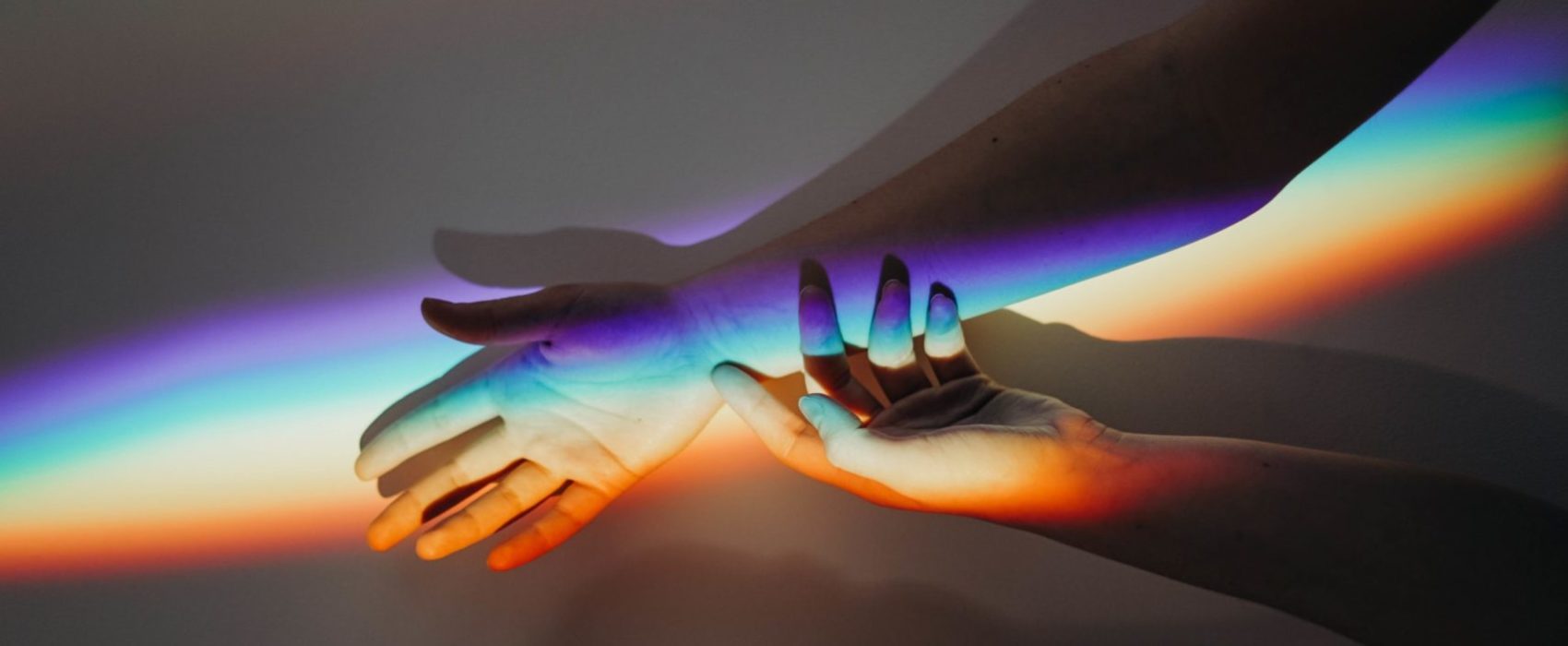26 May 2023
“Queering the Quantified self” building communities to fight health disinformation

«Does drinking coffee in the afternoon affect my sleep»? , «Am I recovering quick enough from Covid?» These are just a few questions that people ask to search engines every day. Internet users know that their questions won’t find a scientific answer on the Internet, and that their data will be sold to governments and to different types of businesses, but still they feel the need to ask to Google what it thinks is that strange itch that they feel at the back of their foot. Period trackers, fitness and health apps are all owned by private companies who own, use and sell individuals’ most intimate data. Looking for answers on the Web is common for a wide range of activities but it’s really risky and dangerous when it comes to health issues, especially when the person is asking for tips has a body that unfortunately does not fit in our society’s stereotype. In fact, alternative bodies are usually under-researched in medicine. Health subjects are really delicate, and they should be answered only by professionals who are entitled to do so, but everyone thinks that they can act as doctors on the Web. Every social media user has stepped at least once in their life in a diet posted by someone on Tik Tok who a nutritionist is not, or in a post explaining «why no one tells you that 5G causes cancer». In addition to all of that, the Web is a place when fake news about health issues can spread fast. The Covid-19 pandemic is an emblematic example of the so-called «infodemic». During those hard times, when everyone was forced to be at home, social media became a vital source to look for information, but in the large amount of information available on the Web there were always a lot of articles that were not true or verified.
«Queering the Quantified Self»
The MediaFutures’ project «Queering the quantified self» wants to address all of these issues. The project has the aim to build a platform where citizens can create, own and analyze information about their bodies and where they can find scientifically reliable answers to their health questions. The platform, designed by Odd studio (an international, award-winning design studio) and Radical Data (a collective who does data analysis and creates tools for art and activism), wants to give a special importance to communities. In the App that they have designed it's the users who make the data.They are the ones who own and analyze them. The project proposes an alternative system where people can democratically own and interact with their body’s data.
«The center of our work is self research», Radical Data and Odd studio wrote in their introduction. «it was the only way to bring together the two categories that we wanted for our App: a “Queer health App” and an “Experiment driven App”», they told. «Everyone wants to look for health information on the Internet, but our goal is to make it safe for them to do so. In order to do that we will post experiments and medical statistics on the app, that will allow the users to really understand where the information comes from».
On the other hand, while recognising that everyone does self research, it is clear that those who have the greatest need for self research are those outside the bodies typically studied in medicine, including queer and disabled people.While looking at ownership, the project explores how technology companies push a normative understanding of individuals’ bodies: who should be experiencing periods, what a “fit” body looks like, how long sex lasts, etc.
Through owning both the tools and the data, Queering the Quantified Self proposes a way that diverse communities, from women to people of color to trans people, can ask and answer their own questions about their bodies.
Signed by Beatrice Offidani